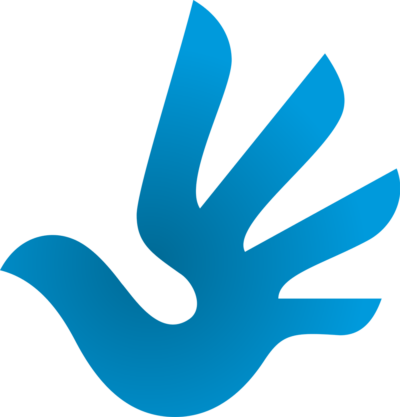 A post by Sumukha Terakanambi, Policy Consultant with the Minnesota Council on Disability.
A post by Sumukha Terakanambi, Policy Consultant with the Minnesota Council on Disability.
On December 3rd, the world celebrated International Day of Persons with Disabilities (IDPWD). In a series of blog posts commemorating IDPWD, I talked about barriers that people with disabilities still face, what international institutions and other nations have done to advance disability inclusion, and the work ahead. Guest writer Brian Muchiri also shared his experiences and perspectives on having a disability and advocating for disability inclusion.
During IDPWD, I attended a virtual event featuring keynote speaker Aaron Golub. A legally blind individual who played Division I football, Aaron emphasized the importance of thinking differently about disability to create a more inclusive society. For him, this meant making small adjustments to be successful. His coaches, teammates, co-workers, and supervisors supported his success through accommodations. This collaborative approach showed how the simple act of asking versus assuming could make all the difference in creating an inclusive workplace culture. By asking questions and avoiding assumptions, we recognize that every disability and individual is unique, and there is no one-size-fits-all approach to disability accommodations.
Every year on December 10th, the international community celebrates Human Rights Day. The day marks the anniversary of the Universal Declaration of Human Rights, a milestone document that proclaims the fundamental rights of all people. These rights and principles align closely with disability inclusion and the work we do at MCD.
An International Perspective on Human Rights
Protecting human rights is essential to promoting inclusion. In a previous blog post, I shared my story about traveling to my parents’ home in India. The lack of accessibility made it difficult to move around and fully enjoy every moment. I often wondered how people like me in India were attending school, working, and participating in their communities. I am happy to say that many nations, including India, have recognized that more must be done to provide people with disabilities the dignity and opportunity they deserve. They have taken steps to propose stronger civil rights laws to achieve this important goal.
Around the world, nations are making different kinds of progress toward disability inclusion. While some focus on legal frameworks, others have already made significant infrastructure improvements. During my travels in Europe, for example, I was encouraged to see accessible public transportation – a concrete example of how policy changes can lead to real-world inclusion.
Human Rights in Minnesota
While progress on disability rights varies globally, Minnesota leads through strong protections in the Minnesota Human Rights Act. This law prohibits discrimination in employment, housing, public services, education, credit, and business based on protected classes, including disability. The Department of Human Rights enforces these protections. Each year, the governor signs a Human Rights Day proclamation (PDF) to mark the historic anniversary of the Universal Declaration of Human Rights and highlight Minnesota’s commitment to disability rights and other human rights across the state.
As a member of this community, I’ve watched Minnesota turn these commitments into real change. Through my service on disability advisory councils and committees, I collaborate with other leaders with disabilities to shape policy and share our perspectives. These efforts have led to meaningful progress: investing in direct support professionals, increasing transportation access, improving employment opportunities, and removing healthcare program penalties. Each expansion of the Human Rights Act builds on this work, moving us closer to full inclusion.
Looking Ahead
Like International Day of Persons with Disabilities, Human Rights Day is not meant to be a one-off celebration. Whether through Minnesota’s expanding protections or growing global awareness, these observances remind us that advancing human rights and inclusion requires ongoing commitment. Every nation must continue making strides to ensure all people have the right to live a fulfilling life. This commitment will ultimately lead to a more prosperous world.